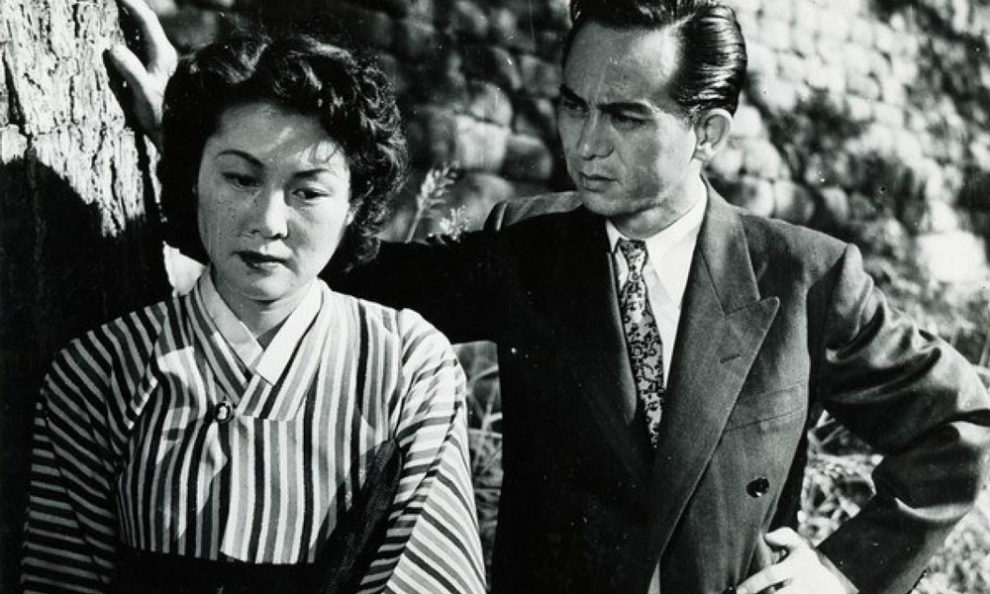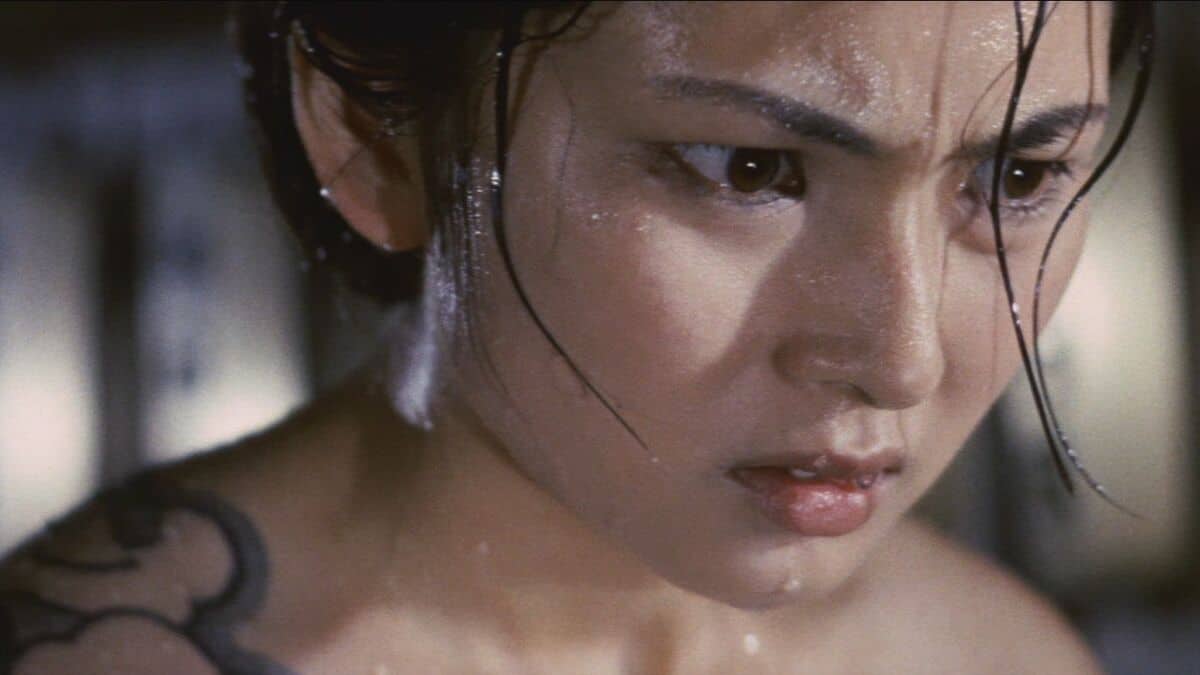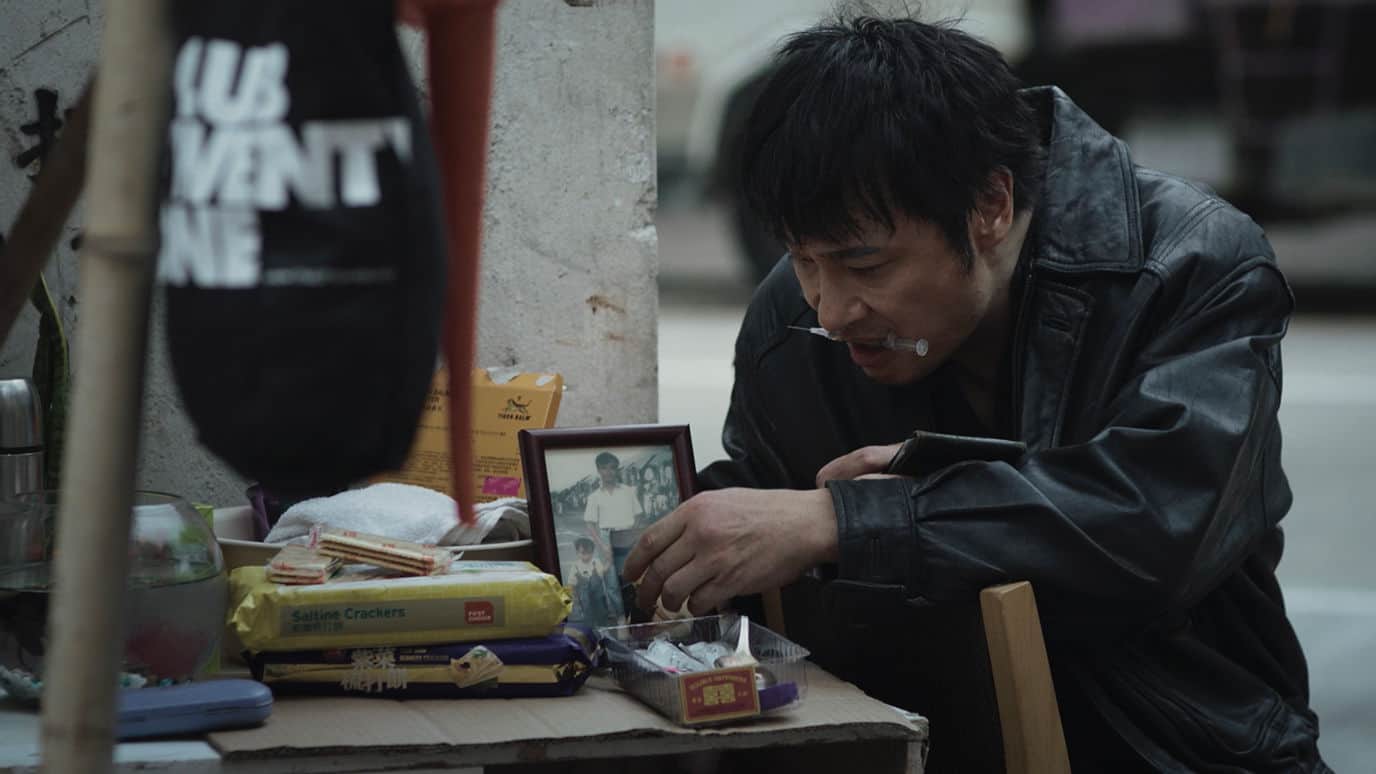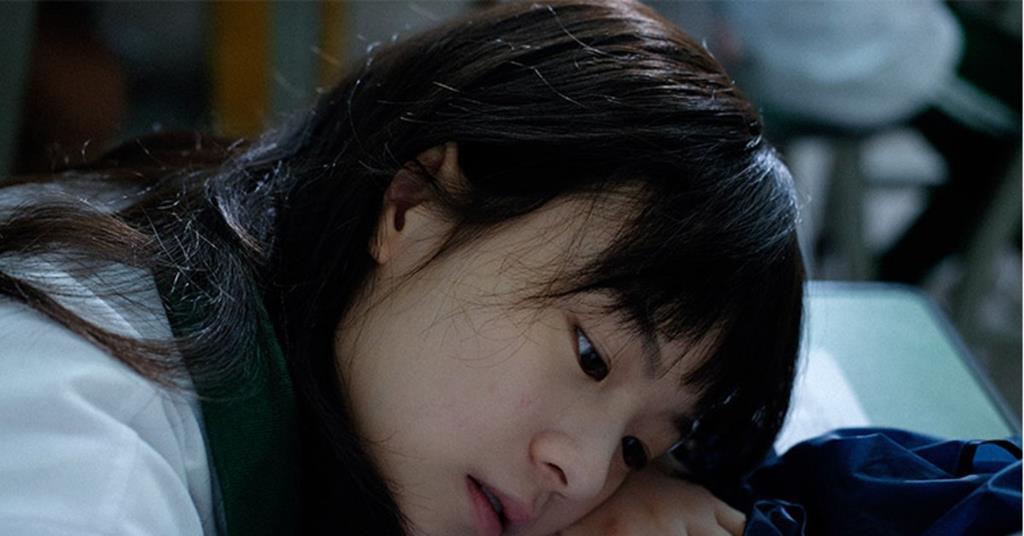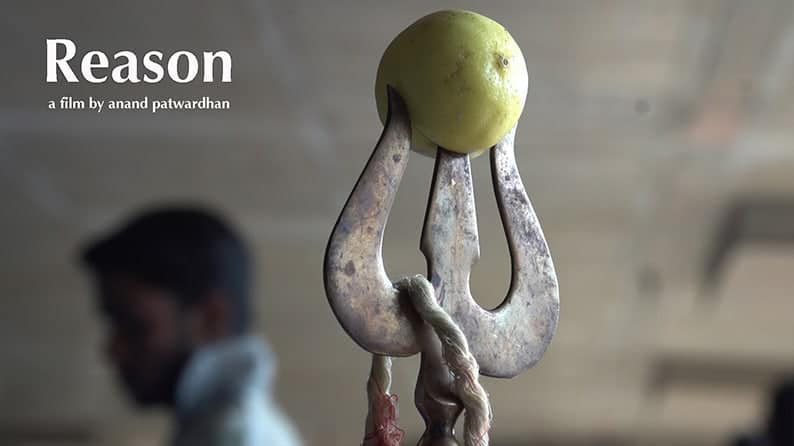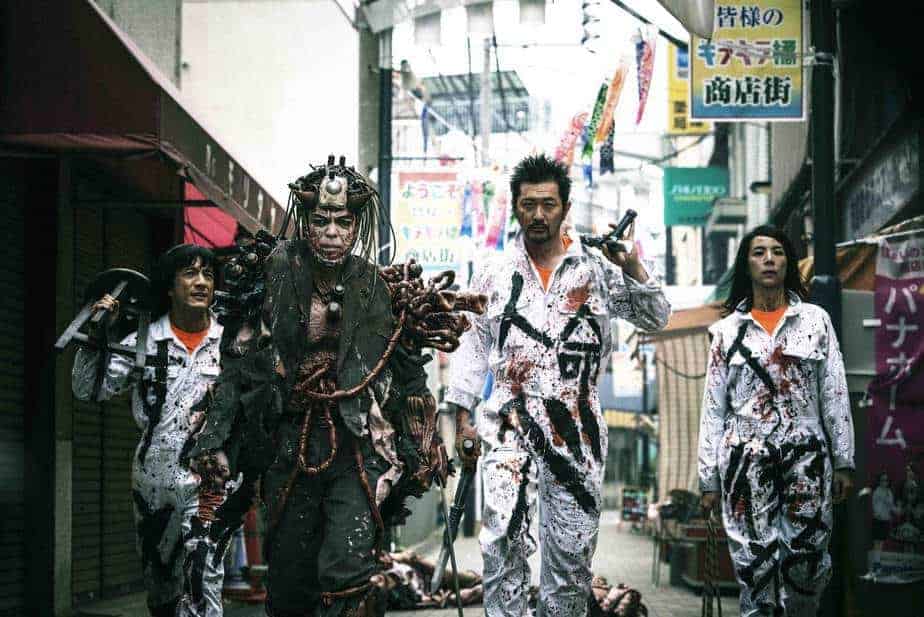The era of the Cold War was a time defined by uncertainty and an ideological conflict which would influence the lives of many, and the political landscape of many nations. Within post-war culture, several media, such as crime novels and espionage thrillers, picked up on the conflict, showing characters whose world shatters as they uncover the complicated web of lies that lies beneath the thin surface of reality. With regard to American cinema of the 1940s and 1950s, French critics coined the phrase “film noir”, which hinted at a movement founded on certain aesthetics, for example from expressionism, and a bleak outlook on the world which defies the understanding of right and wrong of the characters. However, similar statements can be made in connection to the cinema of South Korea, whose directors, even though the majority of their works may be lost forever, worked with the same narrative and formal concepts. One of those movies which “survived” is Han Hyeong-mo's 1954 espionage thriller/romance “The Hand of Destiny” which tells the story of a relationship between two people in the light of a political conflict.
A woman named Jung-ae (Yu In-ja) works as bar girl in a small town near the harbor. One night the police bring a young man called Yong-chul (Lee Hyang) to the doorstep of her home, thinking he might be a suspect to a robbery she had reported earlier, which Jung-ae denies. As she sees the injuries of the man from the fight with the officers, she takes him into her apartments, treats his wounds, gives him something to eat and makes him promise he has to meet her again in the following days. The next morning the two see each other again at the harbor where Yong-chul works, and Jung-ae decides to take him on a trip into town, ending up buying him expensive clothes and giving him money. Back at her home, the young man, overwhelmed by her kindness, wants to know why she has done all that, to which she confesses her affection for him.
Unknown to Yong-chul, Jung-ae uses the apartment and the job as a bar girl as a cover-up, since in reality she is a spy from the North. While she has to obey the orders of her superiors, represented by a man wearing a strange ring showing the face of a goblin, her love for Yong-chul is the only thing that is truly hers and which should remain untouched by her true identity. However, when she finds out her lover is also not who he seems to be, she must decide between her loyalty to her nation and her love.
One of the most interesting features in “The Hand of Destiny” is perhaps how the idea of identity unfolds within the narrative. Whereas the first part progresses like a somewhat corny romance, the revelation of the characters' true identities, their motives and essentially the conflict as a result of that, also comes as quite a surprise to the viewer. Similar to works from film noir, the notion that people and the world are not what they seem to be constitutes the foundation of Kim Seong-min's script. Security turn into paranoia, fear and uncertainty as the real instances of power and influence, symbolized by the recurring image of the hand of Jung-ae's superior, who is never seen in full until the very last moments of the film, are uncovered.
While the concept of the investigation, the search for the truth, plays a vital role in film noir, in the case of “The Hand of Destiny” it is the notion of purity. Yu In-ja plays a character aiming to keep her professional and private life separate, in order to maintain some level of “purity”, if you want to use that word in this context. However, the conflict erupts when these two layers are suspended, with her relationship, her chance for love being essentially soiled through her role as a spy. It seems as if Han Hyeong-mo wanted to highlight how the machinations of a system, a greater conflict of interests destroys the chance for happiness, making his feature overall quite grim and pessimistic in tone.
In conclusion, “The Hand of Destiny” is a rather dark blend of romantic drama and espionage thriller. Heavily inspired perhaps by film noir, Han Hyeong-mo creates a world defined by paranoia and uncertainty in which nothing is definite and the idea of purity has been suspended.


